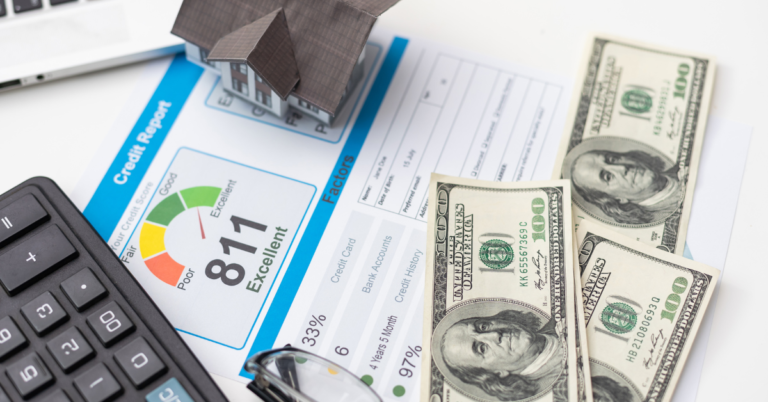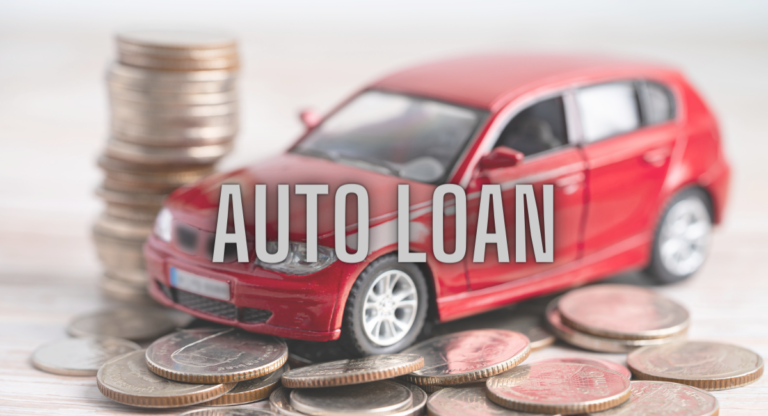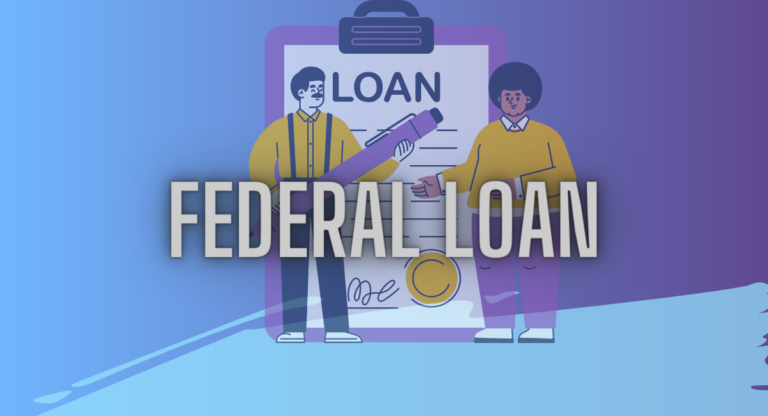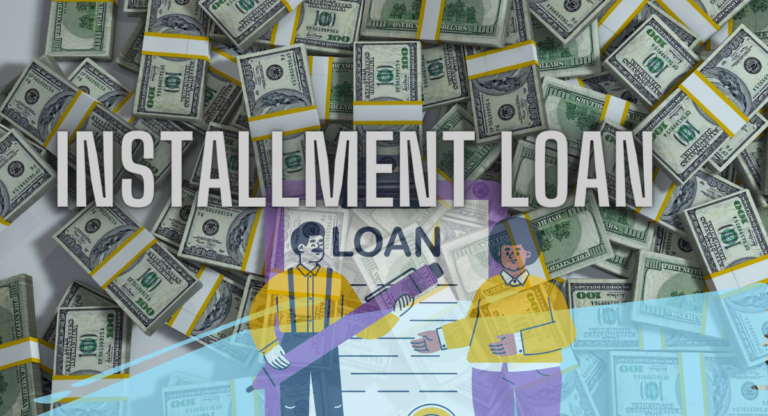An installment loan is a type of loan where the borrower receives a lump sum of money upfront and agrees to repay the loan in fixed installments over a predetermined period.
Each installment includes both principal and interest, and the total loan amount is typically repaid by the end of the loan term.
Installment loans are common for various purposes, including personal loan, auto loans, and mortgage.
Features of installment loans include:
- Fixed Payments: Borrowers make regular, fixed payments over the life of the loan. Each payment includes a portion of the principal amount borrowed and the interest accrued.
- Terms and Interest Rates: Installment loans have specific terms (duration of the loan) and interest rates agreed upon at the outset. Loan terms can vary, with some being short-term (a few months) and others long-term (several years).
- Secured or Unsecured: Installment loans can be secured or unsecured. Secured loans are backed by collateral (such as a car or home), while unsecured loans do not require collateral but may have higher interest rates.
- Examples of Installment Loans:
- Personal Loans: Used for various personal expenses, such as debt consolidation, medical bills, or home improvement.
- Auto Loans: Used to finance the purchase of a vehicle.
- Mortgages: Long-term loans used to buy real estate.
- Student Loans: Borrowed to cover education expenses, often with deferred payments until after graduation.
- Installment Purchases: Some retail financing plans, like those for appliances or furniture, operate as installment loans.
- Amortization: Installment loans often follow an amortization schedule, where a larger portion of the initial payments goes toward interest, and over time, a larger portion goes toward reducing the principal balance.
- Credit Check: Lenders typically assess the borrower’s creditworthiness before approving an installment loan. Credit history, income, and debt-to-income ratio are common factors considered.
How Does Installment Loan Work?
An installment loan functions by providing borrowers with a lump sum of money upfront, which is then repaid over a set period in regular, fixed installments.
When a borrower obtains an installment loan, they agree to a specific loan amount, interest rate, and term with the lender.
The repayment period can vary, ranging from a few months to several years, depending on the type of installment loan. Each installment payment covers a portion of the principal amount borrowed and the interest accrued.
The total loan amount is typically repaid by the end of the loan term, following a predetermined schedule.
Installment loans are commonly used for various purposes, such as personal expenses, vehicle purchases, mortgages, and education financing.
The fixed payments make it easier for borrowers to budget and plan their finances, while lenders often assess creditworthiness and may require collateral, depending on the type of installment loan.
The amortization schedule outlines how each payment contributes to both interest and principal repayment, with the latter increasing over time.
Overall, installment loans provide a structured and predictable approach to borrowing, allowing individuals to manage their financial obligations more effectively.

Is Debt Consolidation a Good Reason to Get a Loan?
How Hard Is It to Get a Debt Consolidation Loan?
Does a Consolidation Loan Hurt Your Credit Score?
Types of Installment Loans
There are various types of installment loans designed to meet different financial needs. Here are some common types:
- Personal Loan:
- Unsecured loans that can be used for various personal expenses, such as debt consolidation, home improvements, or unexpected medical bills.
- Auto Loan:
- Loans specifically for purchasing vehicles. The vehicle serves as collateral, and borrowers repay the loan through fixed installments over the loan term.
- Mortgage:
- Long-term loans used to finance the purchase of real estate. Monthly payments cover both principal and interest, and the property serves as collateral.
- Student Loan:
- Loans designed to cover educational expenses, including tuition, books, and living costs. Repayment typically begins after graduation or when the borrower leaves school.
- Home Equity Loan:
- Loans that use the borrower’s home equity as collateral. The funds can be used for home improvements, debt consolidation, or other significant expenses.
- Small Business Loan:
- Loans tailored for small business owners to cover various business expenses. The terms can vary, and the loan may be secured or unsecured.
- Debt Consolidation Loan:
- Loans used to combine multiple debts into a single loan with a fixed monthly payment. This can simplify repayments and, in some cases, reduce interest rates.
- Installment Purchases:
- Financing plans offered by retailers for specific products, such as furniture or appliances. Customers make fixed payments over time.
- Secured Installment Loan:
- Loans that require collateral, such as a savings account or a certificate of deposit. These loans often have lower interest rates due to the reduced risk for the lender.
- Medical Loan:
- Loans designed to cover medical expenses, including surgeries, treatments, or elective procedures. Repayment is typically done through fixed installments.
- Vacation Loan:
- Short-term installment loans specifically for funding vacations or travel expenses. The borrower repays the loan over a predetermined period.
frequently asked questions
How do installment loans differ from other types of loans?
Unlike revolving credit, such as credit cards, where the borrower can continuously borrow up to a certain limit, installment loans provide a fixed amount of money that is repaid in equal installments over time.
What types of purchases can be financed with an installment loan?
Installment loans can be used for various purposes, including personal expenses, auto purchases, home improvements, education expenses, and major purchases like appliances or furniture.
How does the repayment process work for installment loans?
Borrowers make fixed monthly payments, each consisting of a portion of the principal amount borrowed and the accrued interest. Payments continue until the total loan amount is repaid by the end of the agreed-upon term.
Are installment loans secured or unsecured?
Installment loans can be either secured or unsecured. Secured loans require collateral, such as a car or home, while unsecured loans do not require collateral but may have higher interest rates.
Can I get an installment loan with bad credit?
While it may be more challenging, some lenders offer installment loans for individuals with less-than-perfect credit. However, these loans may come with higher interest rates.










